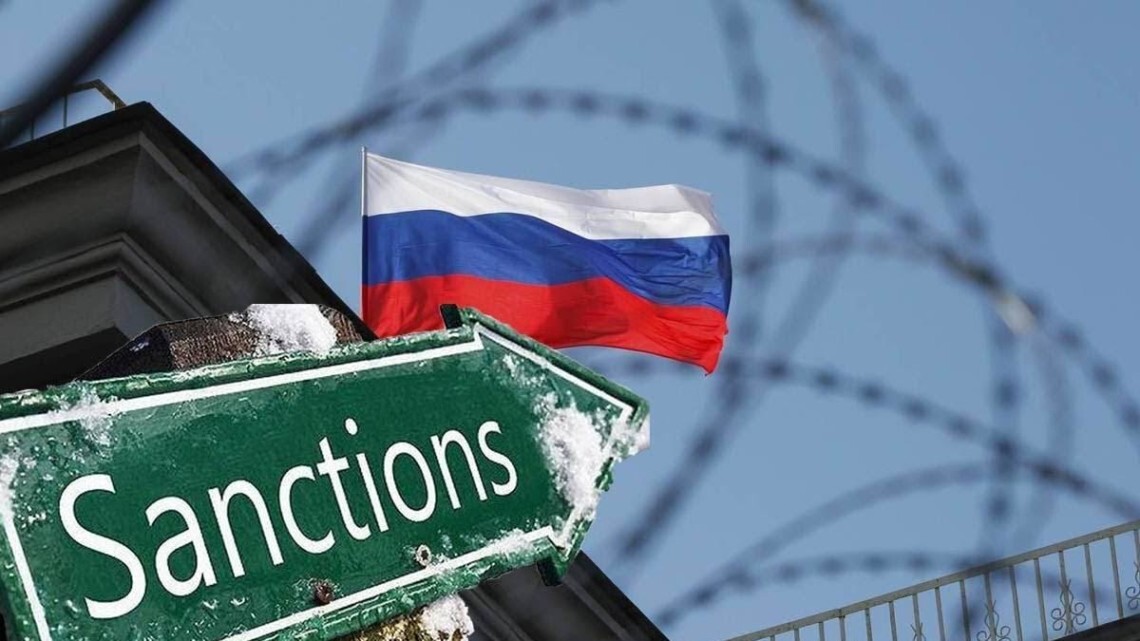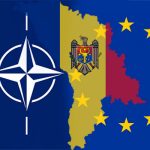In the world, there is a severe shortage of nickel and titanium, which the European Union actively uses. Russia is the owner of significant reserves of these raw materials. Economists warn that the introduction of sanctions may have the opposite effect – not to weaken the Russian economy but to cause a jump in prices for these mineral resources. It will allow the Russian Federation to earn even more.
Russian titanium is actively used in the EU for:
– electronics;
– solar panels;
– electric cars;
– aerospace industry;
– defense industry, etc.
As long as there is a global deficit in the world, it is impossible to replace supplies with raw materials from other countries. If we take into account that it belongs to the category of “critically important positions,” then it becomes clear how serious the problem has arisen.
What do we sponsor?
Since the beginning of Russia’s full-scale invasion of Ukraine, the EU has bought 13.7 billion euros worth of nickel and titanium from the Russian Federation. Since all areas where such raw materials are used are actively developing, the need for these minerals is increasing very quickly. Since the military expenditures of the Russian budget on the defense sector are rising every year, it becomes clear what the root of dissatisfaction with the current situation among the world’s political elite is.
In order to somehow resist the challenges of time, some countries are conducting research on new mining sites. Also, the search for new technologies that will become an alternative to those currently available to humanity is constantly being sought. However, there are still no significant successes in both of these directions.
War or money
The European Commission’s Joint Research Centre reported that companies connected to the Kremlin receive income from selling Russian raw materials. The amount of 13.7 billion euros is considerable; it is, for example, a significant part of Russia’s budget for 2023. Revenues from the sale of such raw materials go not only to the budget of the Russian Federation but also to private companies, such as:
– “VSPMO-Avisma,” which is the world’s largest titanium producer, whose owner is Chemezov, an oligarch close to Putin;
– “Nornickel,” which is the world’s largest producer of palladium and nickel;
– “Rusal,” which is an aluminum giant with enterprises in Ireland and Sweden, etc.
It is obvious that the import of raw materials from Russia is important not only in the political but also in the economic aspect. Having “pressed” all these companies, European partners of Russian manufacturers and suppliers will also suffer financial losses.
In the European Union, the problem is understood and realized. Here, they know that the sharp introduction of sanctions can cause an even greater increase in prices, which will weaken the position of Europe and strengthen the economy of Russia. How to solve this problem is not yet known.


